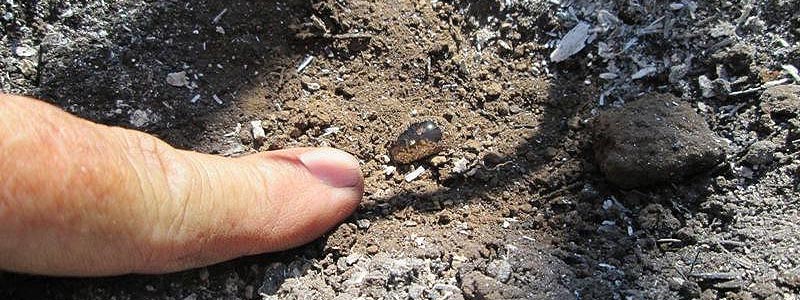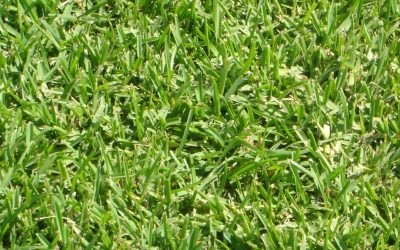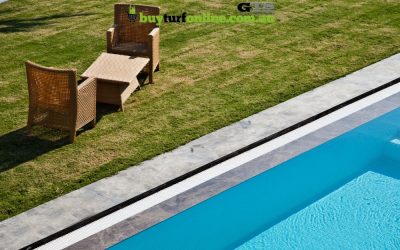Is water not soaking into your lawn?
12
FEBRUARY, 2019
DIY
Maintenance
Are you noticing your lawn suffer but no matter how much you water, it doesn’t seem to soak in? Or perhaps the water soaks in but your grass still seems dehydrated. The problem may lie in the soil. The soil could be repelling water from its surface, unevenly distributing it or it might not be retaining the water. Soil with these behaviours has become hydrophobic. What can we do to fix this issue?
If you are wondering if your lawn has become hydrophobic, you can perform a simple test to find out. Collect a sample of soil from the affected area and make a well in the centre of the pile. Pour water over the sample and watch to see if it pools or soaks in. If it pools, your soil is hydrophobic.

The most common cause of hydrophobic soil is extended periods of dryness. Summer is an especially difficult time for soil as well as grass. Although mowing a lawn shorter may save you time, it could leave your soil open to the harsh effects of the sun.
When soil has become hydrophobic, it creates a greasy film around the soil particles. These will repel water, either off the surface or it will push it down into the water table faster. Either way, your lawn won’t have a chance to absorb the water it needs.
The answer to this problem- wetting agents.
Wetting agents are used to break down this greasy film. It works in a similar way to detergent on greasy dishes. With the repellent film gone, water will be able to soak into the soil particles and your lawn will thrive once again.
The recommended application for wetting agents is once a year for normal soils and 2-3 if your soil is more repellent. Luckily, wetting agents aren’t harmful to your lawn but overusing them will simply be a waste.

Applying wetting agents once a year, before you notice the devasting (and frustrating) effects of hydrophobic soil, will allow you to be sure that your soil is absorbing as much water as possible. This means you’ll need to water less and you can save more.
Recommended for you...
Which Zoysia Lawn is Right For Your Home?
Compare Zoysia Australis and Empire Zoysia to find the perfect turf for your lawn. Discover key differences and make an informed choice! Read more.
Sir Walter Buffalo vs TifTuf: Which One is Better
Compare Sir Walter Buffalo and TifTuf turf for Australian lawns. Discover key differences in shade tolerance, drought resistance, wear, maintenance & which is best for your yard.
Poolside Turf: Choosing and Maintaining Grass Around Pools
There’s nothing quite like stepping out of a swimming pool onto soft, lush grass. But when it comes to finding the best grass for around a pool, not all lawns are created equal. Chlorine pools, heavy foot traffic, and the unforgiving Australian sun can take a toll on...



